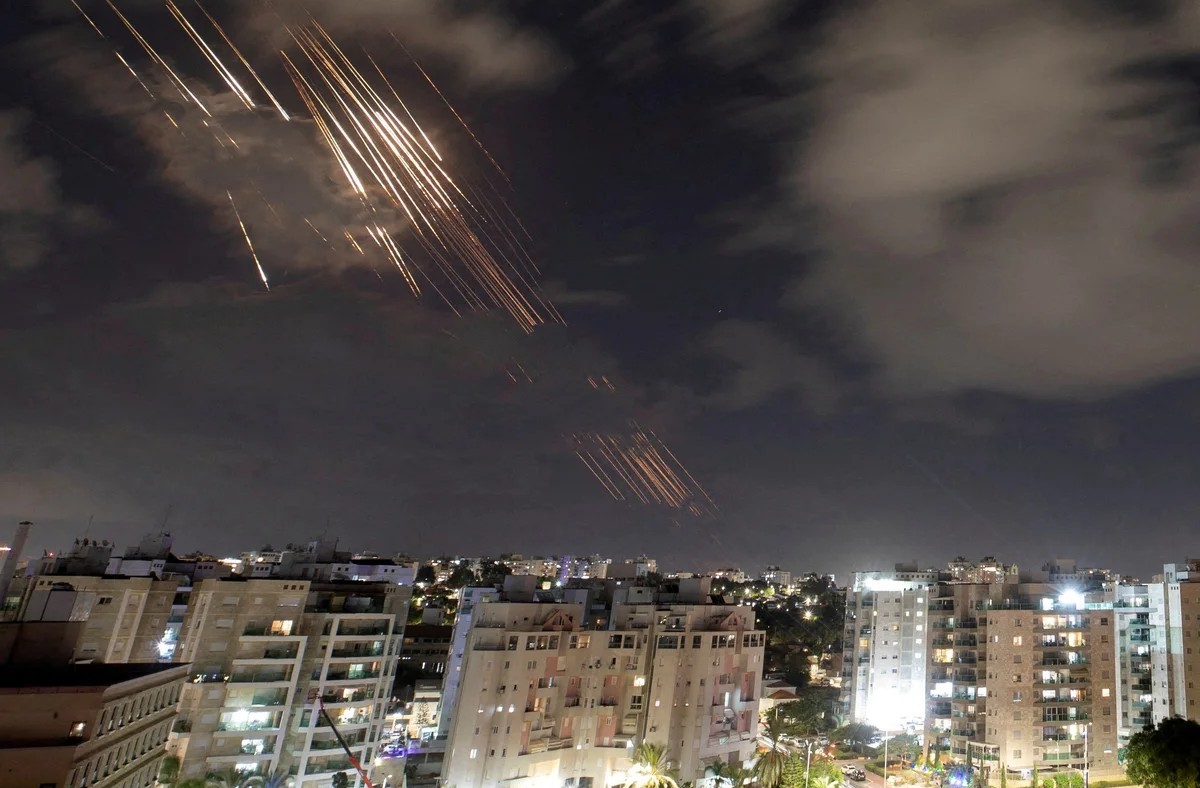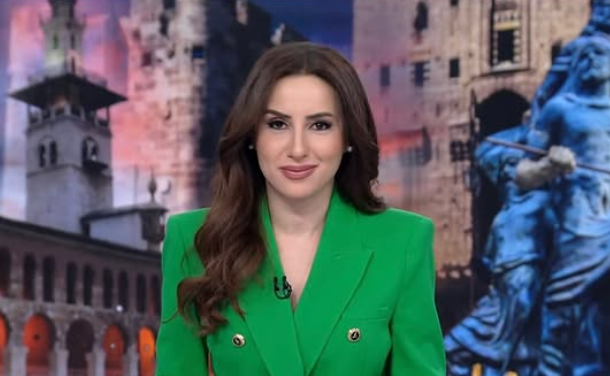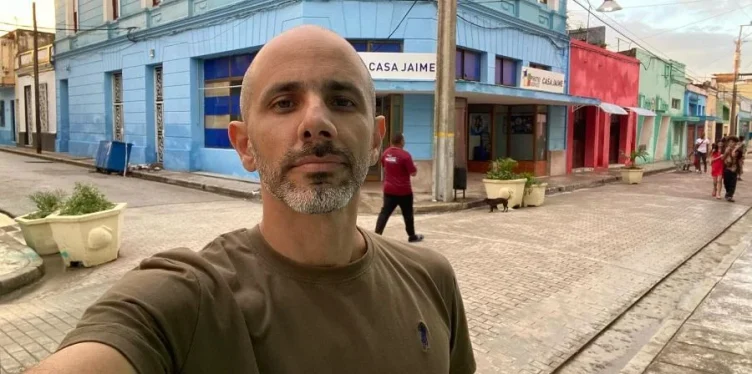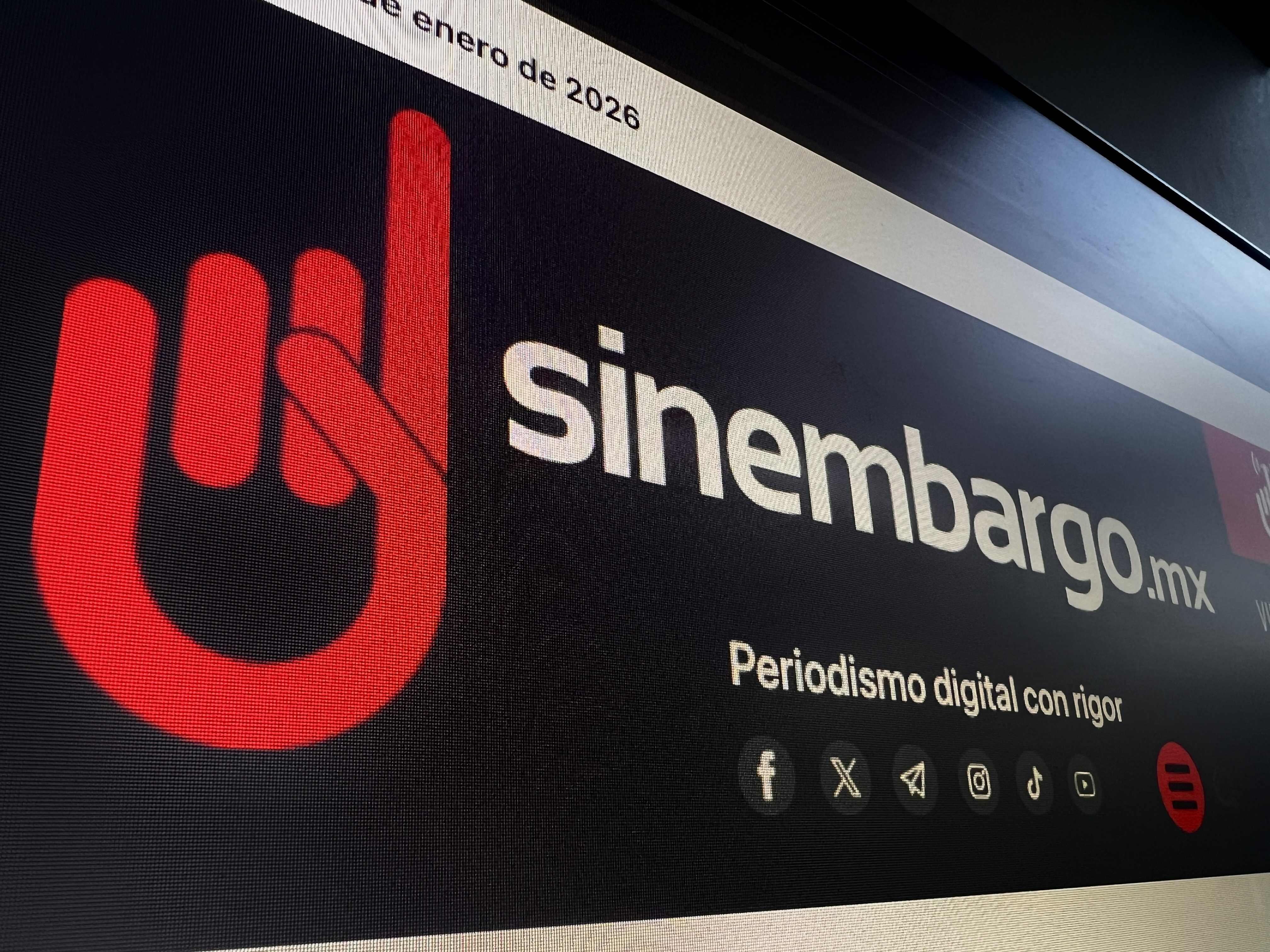
Tehran Hosts International Journalists to Highlight Impact of Israeli Strikes
July 18, 2025
Syrian TV Anchor Dima Abo Dan Describes ‘Near‑Death’ On-Air During Israeli Airstrike in Damascus
July 18, 2025July 18, 2025 – Bolivia –
Journalists across Bolivia are speaking out following inflammatory comments by politician Ruth Nina, a former presidential candidate, who recently accused the media of inciting violence and distorting her public remarks. Her statements came after she controversially warned of possible violence during the upcoming general elections, saying the country would be “counting the dead” rather than votes.
Nina’s comments sparked widespread backlash, particularly from press organizations. The National Association of Bolivian Journalists (ANPB) and the Association of International Press Correspondents in Bolivia (ACPI) issued a joint statement rejecting her claims and defending journalists’ rights to report on matters of public interest. They emphasized that journalists had merely echoed her exact statements without distortion and labeled her reaction as an attempt to silence the press.
This controversy comes amid broader concerns over press freedom in Bolivia. Journalists have increasingly faced verbal attacks, legal threats, and public discreditation from political leaders. Earlier this year, multiple government officials accused prominent outlets of being part of a “media cartel of lies,” further eroding public trust and endangering reporters.
Adding to this tense atmosphere is proposed legislation—Senate Bill No. 007/2024-2025—that would require media outlets to submit weekly reports to Bolivia’s electoral authority. Critics argue the law could be used to censor critical coverage under the guise of monitoring for truthfulness and neutrality, giving the government sweeping oversight over journalistic content during an election year.
Press organizations warn that the combination of hostile rhetoric, legislative pressure, and the criminalization of dissent is creating a chilling effect on Bolivia’s media landscape. They say such moves threaten democratic accountability and citizens’ right to information, especially as the country approaches a contentious electoral period.
In response, Bolivian journalists are calling for the protection of press freedom, urging political leaders to respect the role of independent media. They argue that holding power to account is not an act of violence, but a democratic duty—and that attempts to disqualify the press only deepen mistrust and weaken institutions.
Reference –




